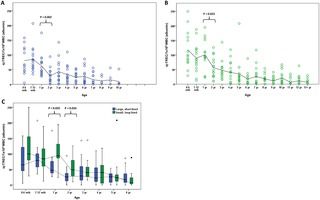Nov 15, 2016
Forever Healthy Foundation Provides a $150,000 Challenge Fund to Match SENS Rejuvenation Research Donations
Posted by Steve Hill in categories: biotech/medical, life extension
More news about SENS Research Foundation fundraiser and a look back at some of the achievements so far.
#sens #aging
Good news! Thanks to the generous pledges of new SENS Patrons, signing up for monthly donations to the SENS Research Foundation over the past two weeks since the fundraiser started, the $24,000 matching fund put up by Josh Triplett and Fight Aging! is nearly met. Just a little more left to reach the target: if you are the next person to sign up, the next year of your donations to the SENS Research Foundation will be matched dollar for dollar. But if you miss out on that, donations made before the end of the year can still be matched. The Forever Healthy Foundation’s Michael Greve, who earlier this year pledged $10 million to SENS rejuvenation research and startup companies building rejuvenation therapies, has put up a further $150,000 challenge fund. He will match all donations to the SENS Research Foundation made before the end of 2016, and there is still a way to go in order to meet that target. So help us get this done!

















